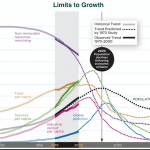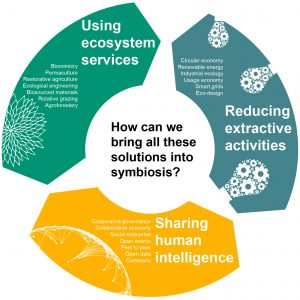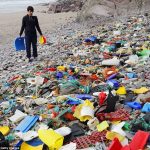“We are called to be architects of the future, not its victims.”
Buckminster Fuller
In these times of increasing uncertainty and volatility we must remain adaptive and responsive to the world’s most significant challenges in order to achieve global prosperity.
One solution is a circular economic system that restructures finance and business to prioritize sustainability and accessibility across our global resource supply chain, thereby guaranteeing livelihoods around the world. This regenerative system will be formed by a new era of social and cultural awareness, one that truly appreciates the interconnectedness of mankind’s socioeconomic systems and our surrounding environment. The main challenge will be to ensure that the global system aligns with the fundamental and universal principles of life.
The Power of Regenerative Systems







